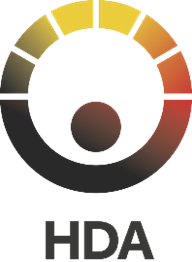A brief overview of some terms relating to data and health
Completion requirements
Browse the glossary using this index
Special | A | B | C | D | E | F | G | H | I | J | K | L | M | N | O | P | Q | R | S | T | U | V | W | X | Y | Z | ALL
P |
|---|
Personal dataPersonal data is any information that can identify a specific person, either on its own or when combined with other details. It is about different pieces of information, which together can lead to the identification of a particular person, like your name, social security number, email, or phone number. | |
PortabilityPortability refers to the ability to easily move or transfer something from one place, system, or service to another. Data portability means that you have the right to get a copy of your data in a usable format and transfer it to another service or platform. It gives you control over your information and allows you to switch services without losing access to your data. In healthcare it is moving your medical records from one doctor or hospital to another. | |
Primary dataPrimary data refers to data that you collect yourself, specifically for a particular research project or purpose. It’s original data that hasn’t been previously gathered or analyzed by someone else. You collect it directly from the source. Primary data is gathering first-hand information directly from the field, experiments, surveys, or observations. It’s new data created specifically to answer your research question or solve a specific problem. If you want to know how well a new medication works, you might conduct a clinical trial and collect data on the patients’ responses and health improvements. This data is primary because you’re gathering it directly for your specific research. | |
Primary use of data | ||
Pseudonymisation | |
Public value of dataThe public value of data refers to the benefits that data provides to society as a whole. It’s about using data to improve public services, solve social challenges, and create opportunities that positively impact communities, not just individuals or private organizations. Public value of data means using data for the common good—to make life better for everyone. This includes improving healthcare, education, transportation, and more through better decisions and innovations based on shared information. | ||
